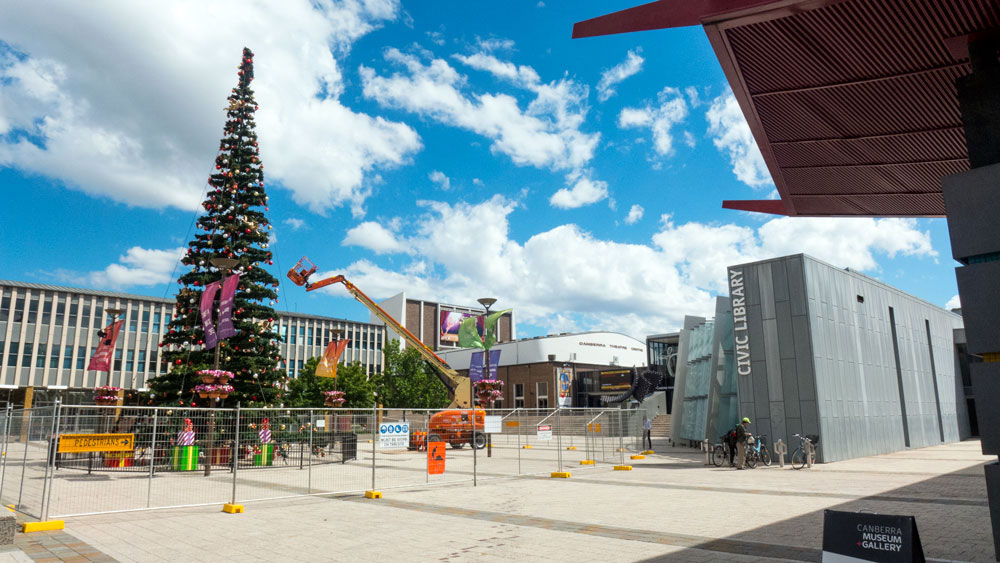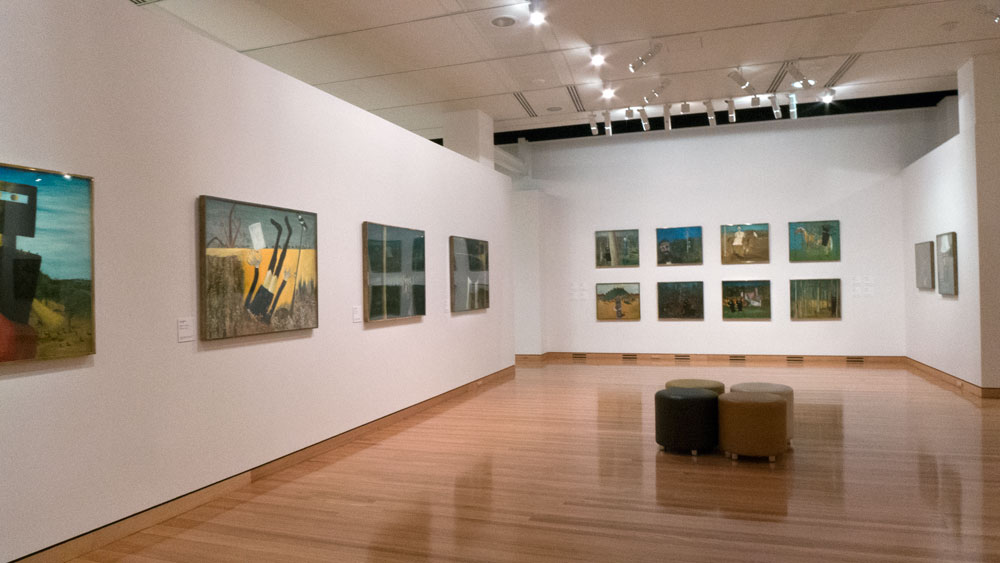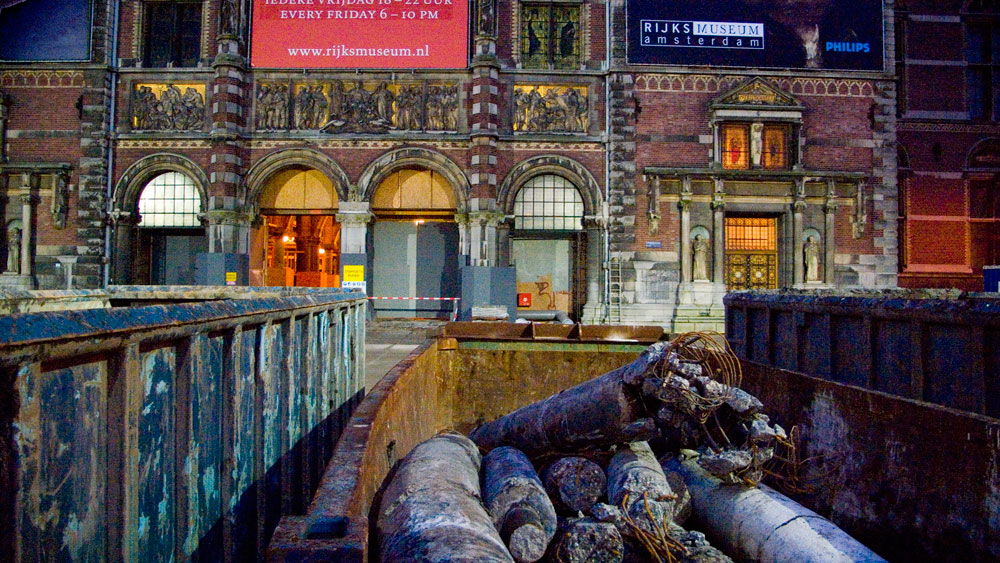Re-Posted from Island Press
Seven Rules for Sustainable Communities
Design Strategies for the Post Carbon World, Parick M Condon
Questions of how to green the North American economy, create a green energy and transportation infrastructure, and halt the deadly increase in greenhouse gas buildup dominate our daily news. Related questions of how the design of cities can impact these challenges dominate the thoughts of urban planners and designers across the U.S. and Canada.
With admirable clarity, Patrick Condon discusses transportation, housing equity, job distribution, economic development, and ecological systems issues and synthesizes his knowledge and research into a simple-to-understand set of urban design rules that can, if followed, help save the planet.
No other book so clearly connects the form of our cities to their ecological, economic, and social consequences. No other book takes on this breadth of complex and contentious issues and distills them down to such convincing and practical solutions. And no other book so vividly compares and contrasts the differing experiences of U.S. and Canadian cities.
Continue reading sustainable communities →
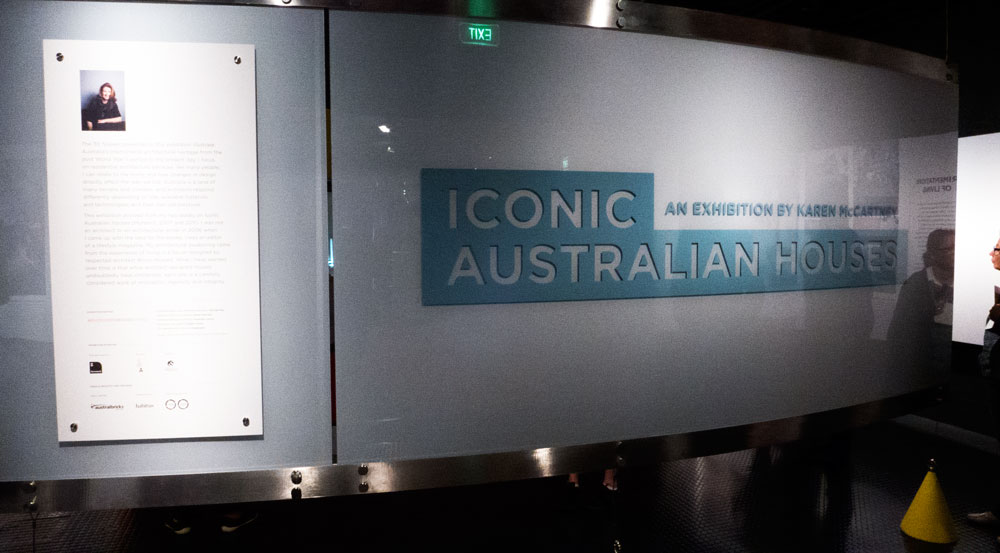
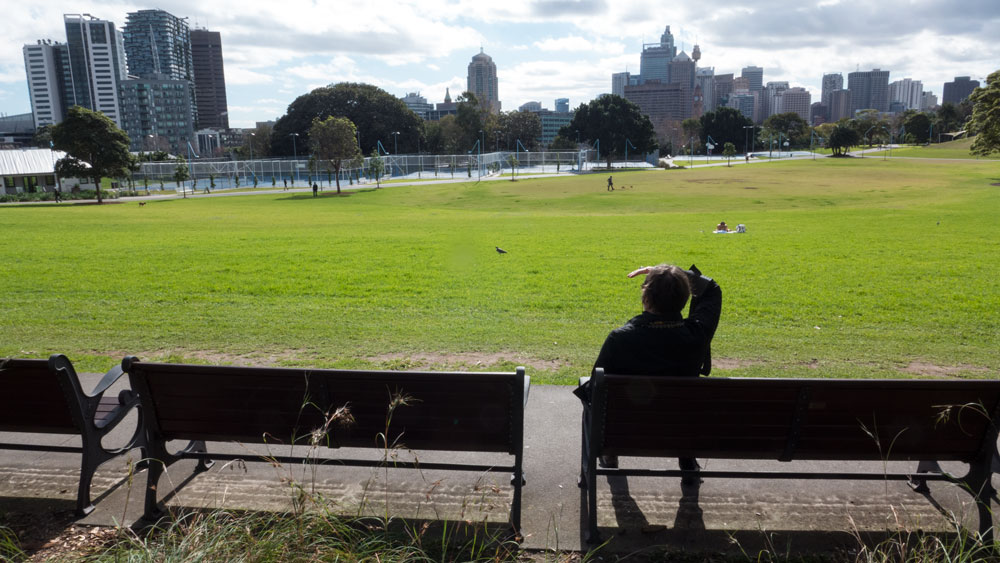
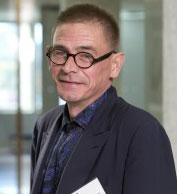

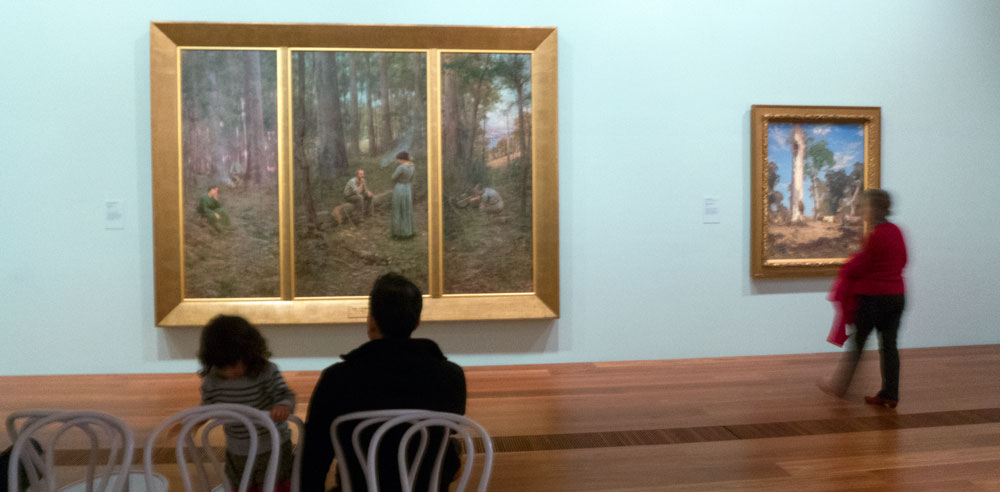

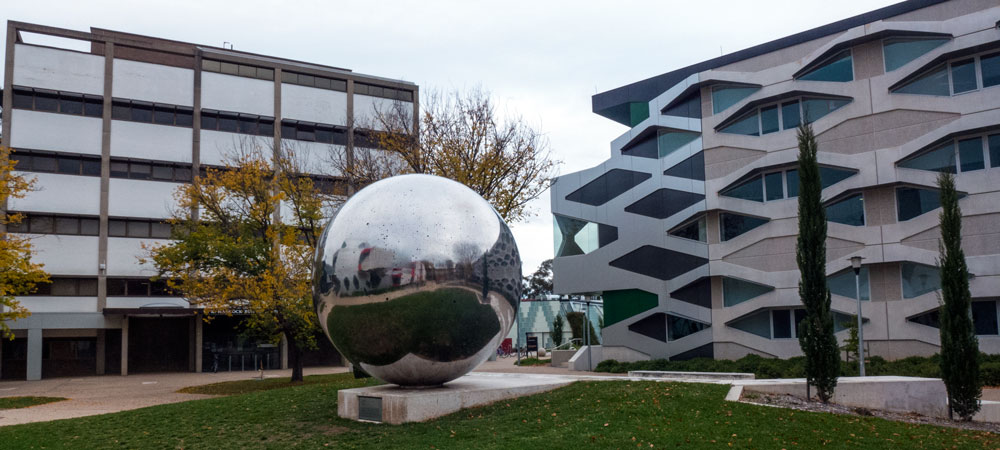
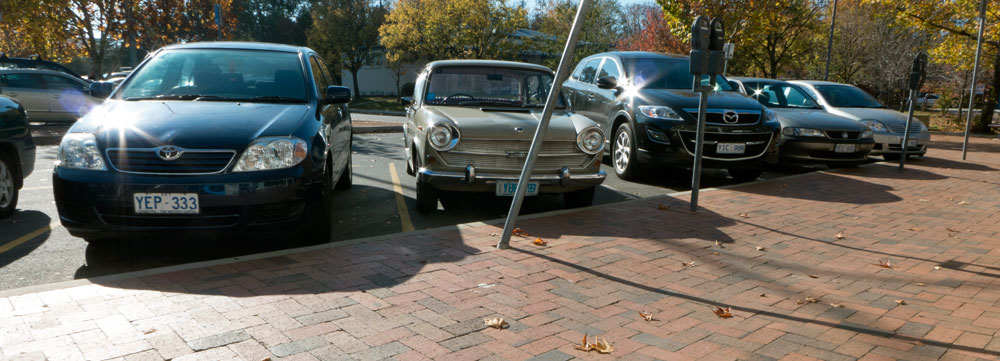
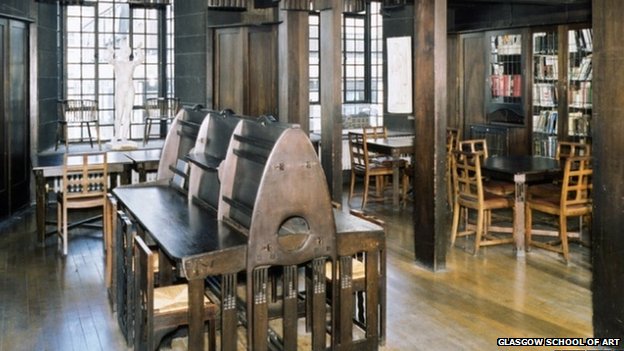
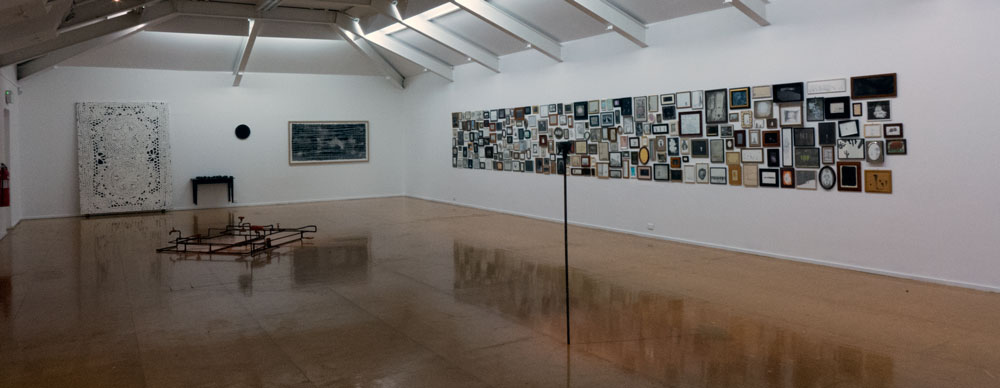
 This exhibition of the photography of Sue Ford (1943 – 2009) at the Victorian State Gallery (National Gallery of Victoria*) is a curious one. C
This exhibition of the photography of Sue Ford (1943 – 2009) at the Victorian State Gallery (National Gallery of Victoria*) is a curious one. C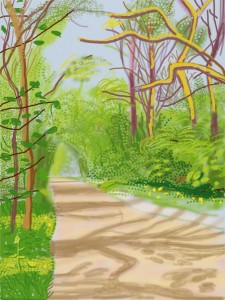
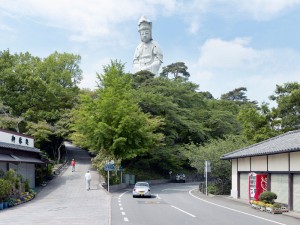

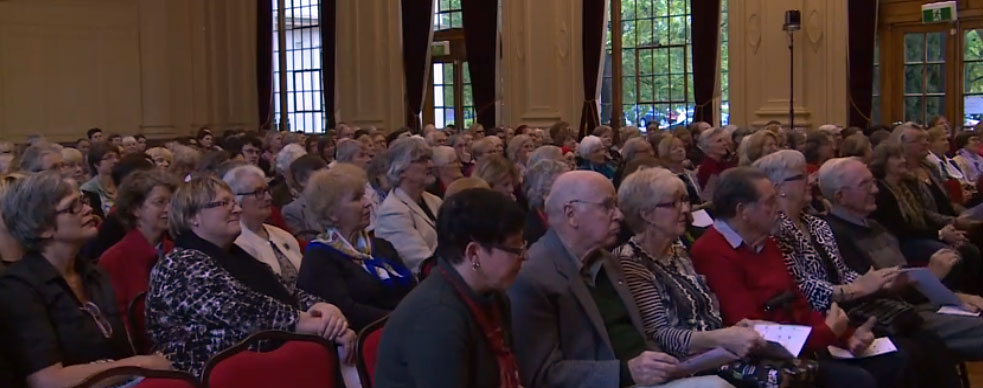


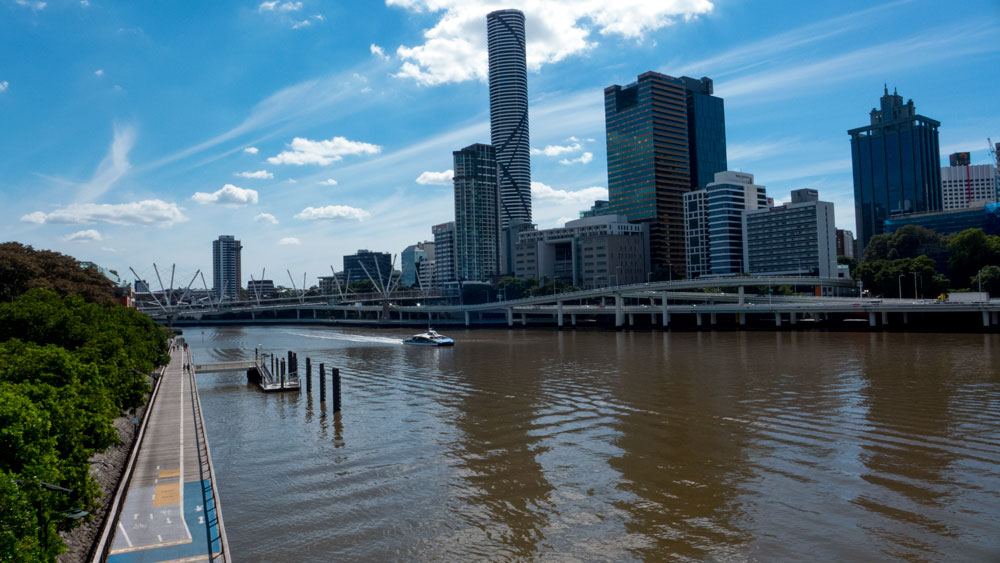

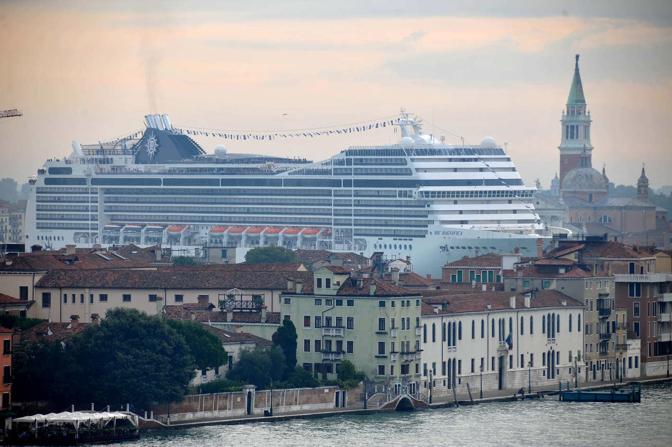

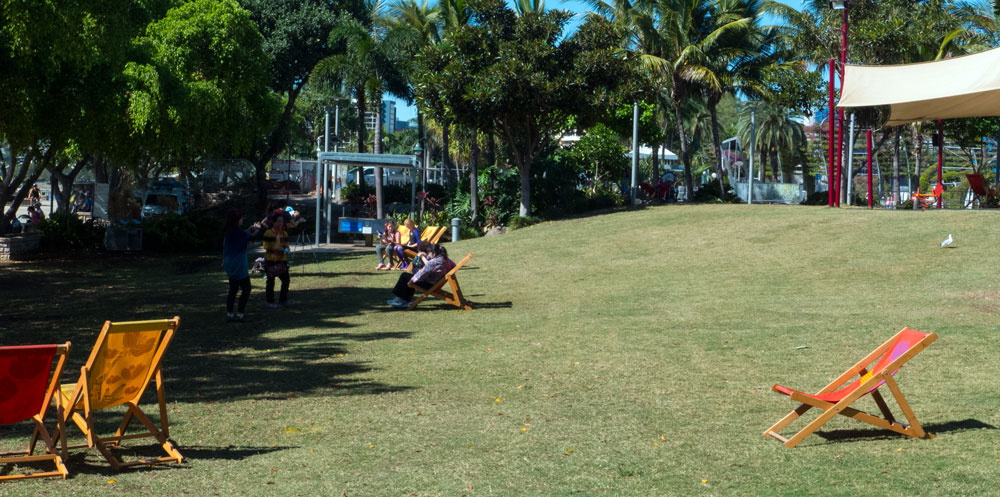
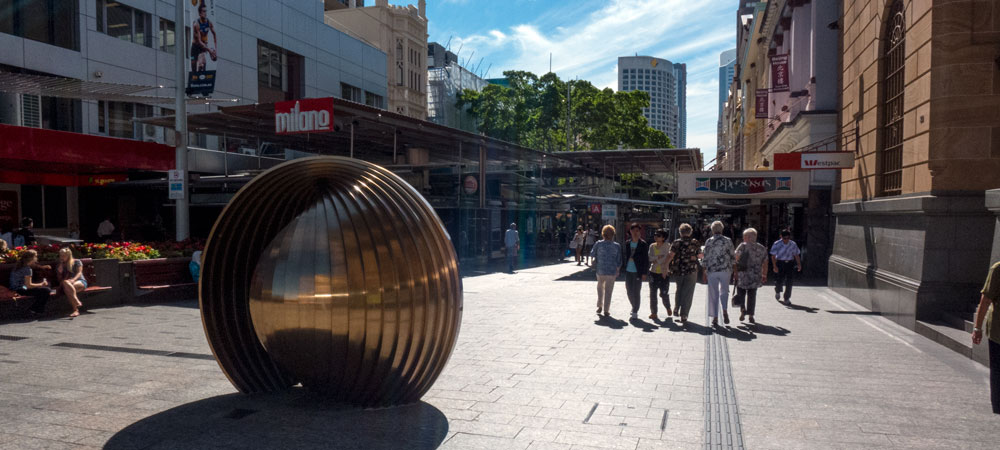
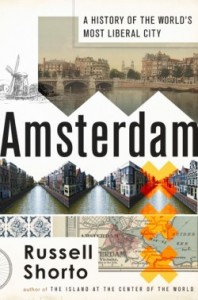
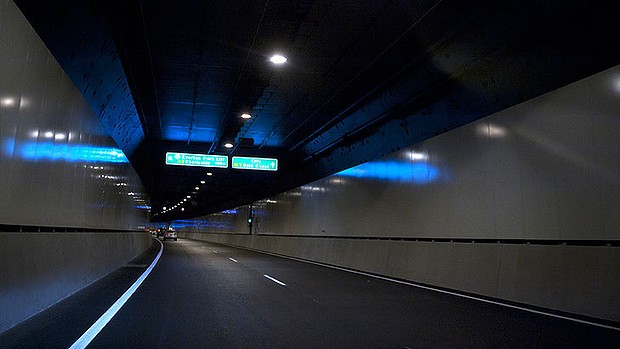
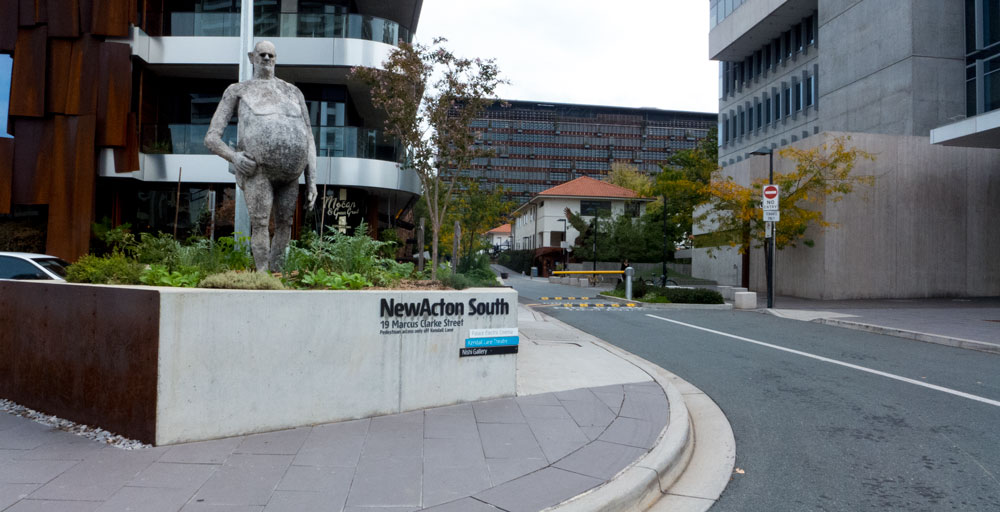
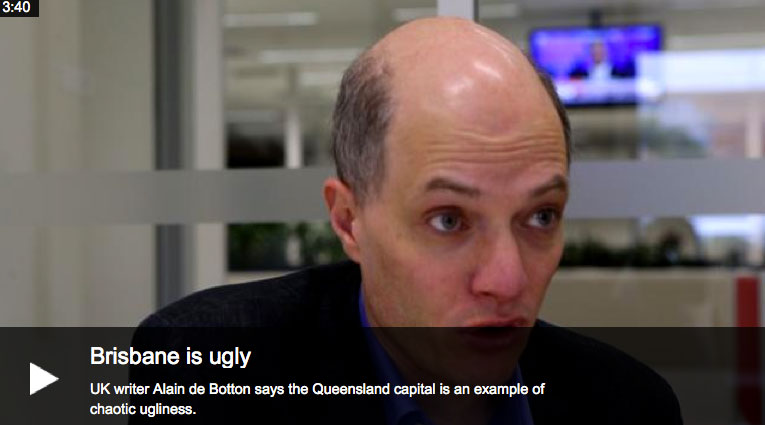

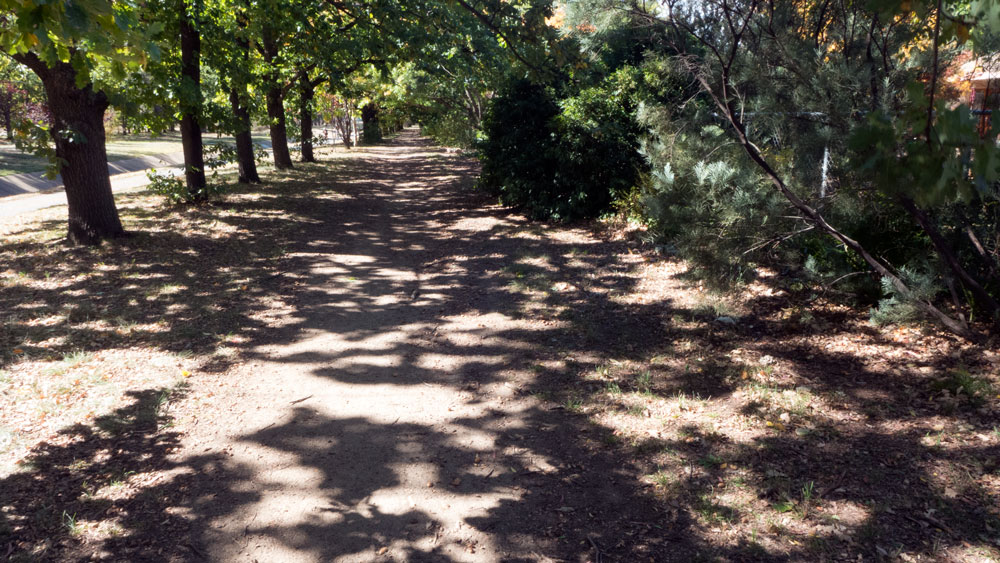
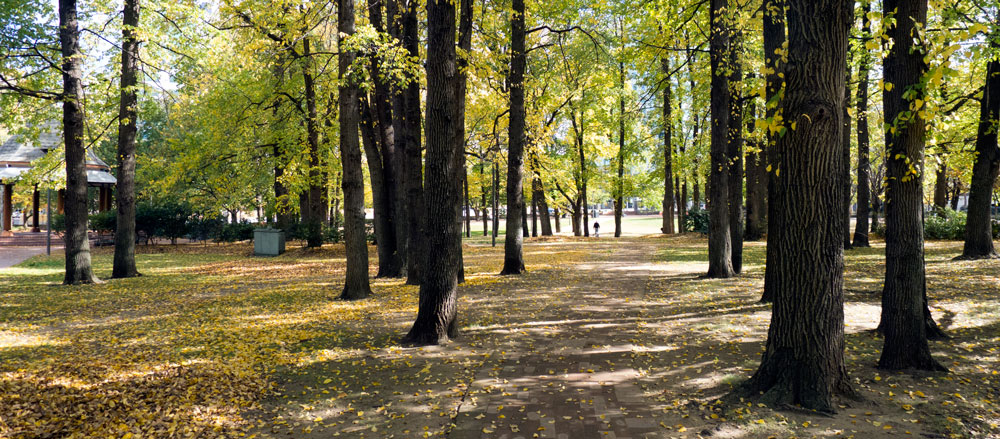
 When women earn high positions and speak up for their professional goals, they encourage more to do the same. There’s an online article by Barbara B. Kamm in which she says:
When women earn high positions and speak up for their professional goals, they encourage more to do the same. There’s an online article by Barbara B. Kamm in which she says: 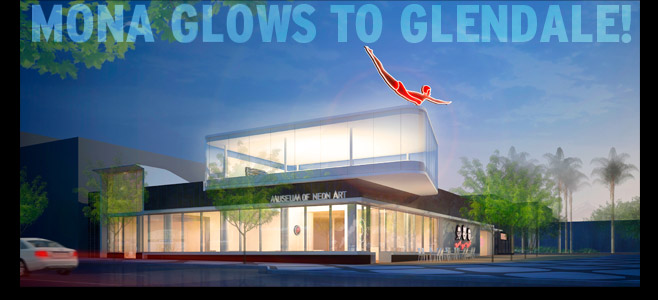
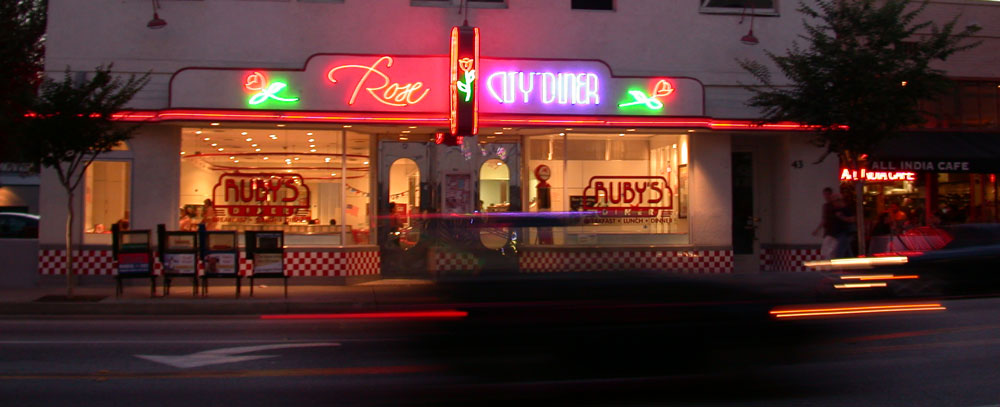

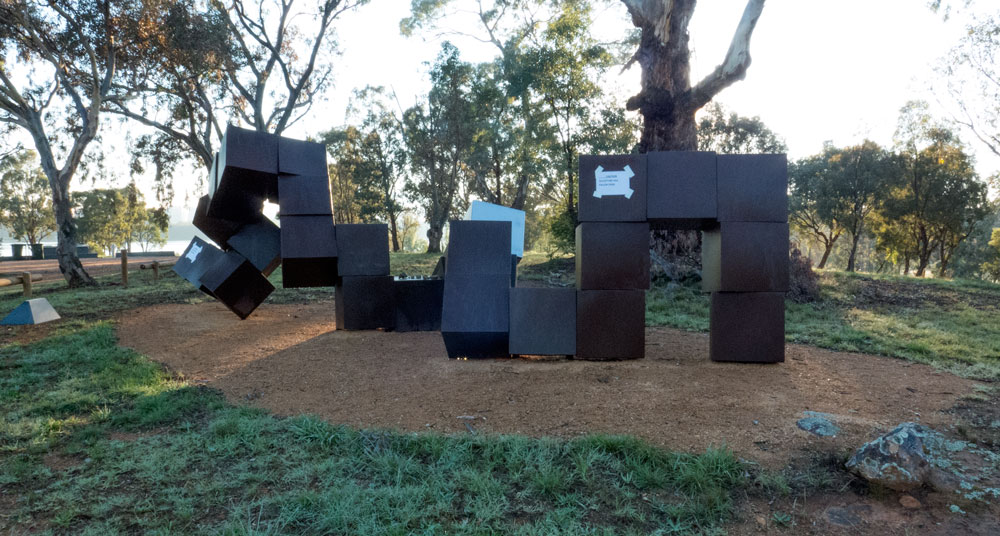

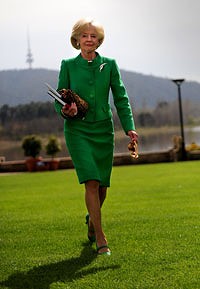

 From the blurb online:
From the blurb online:
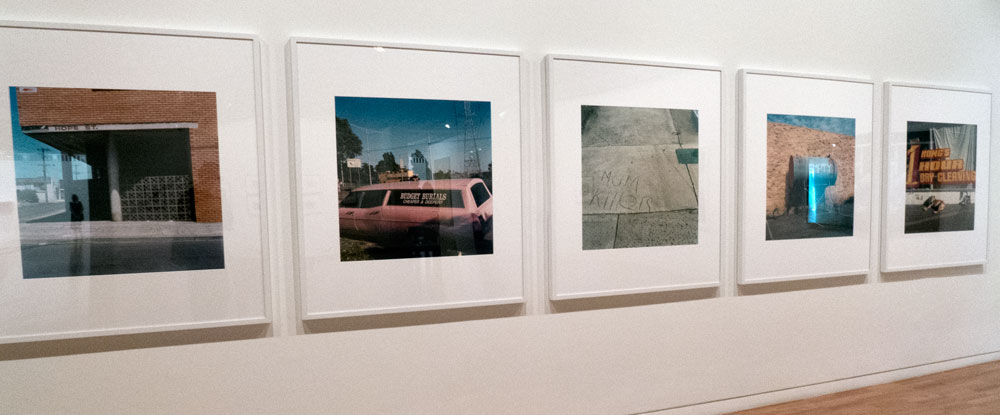
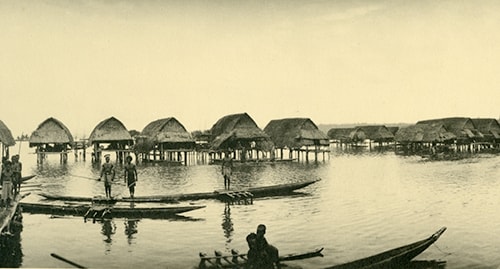


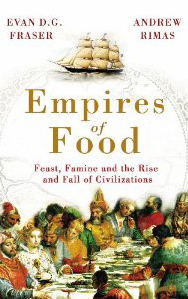
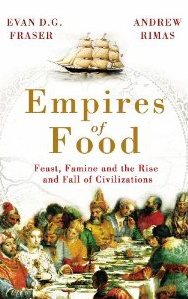
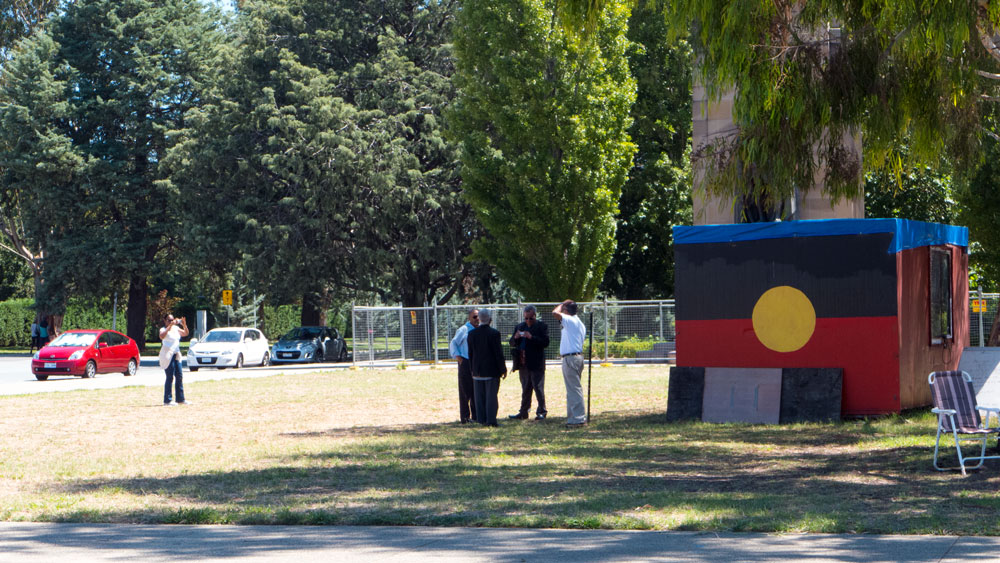


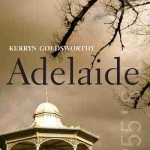
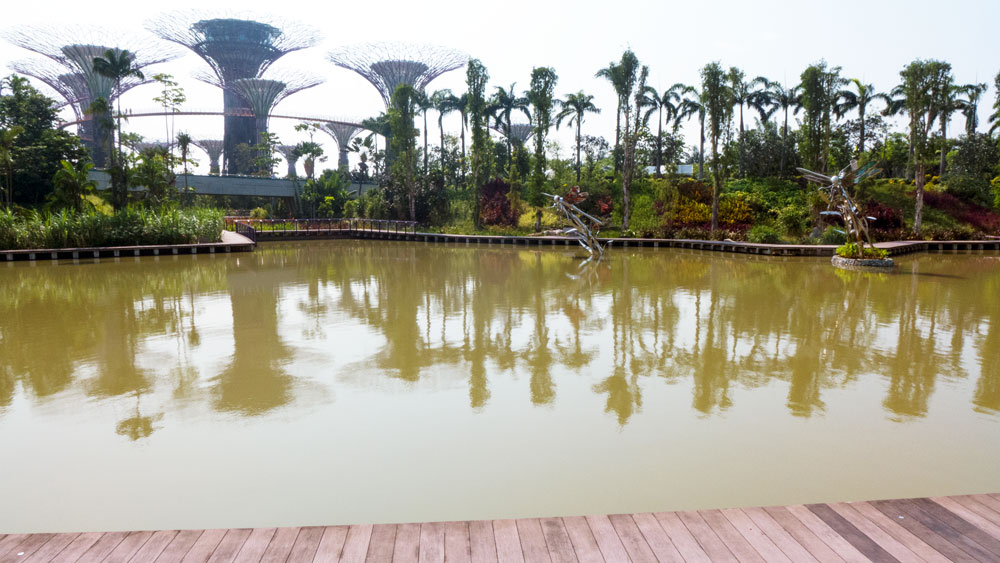
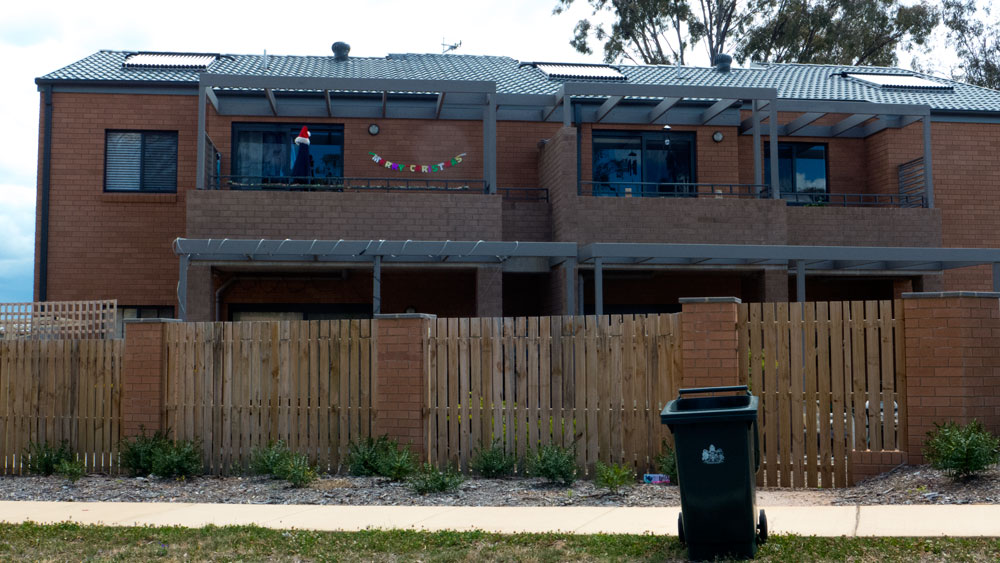
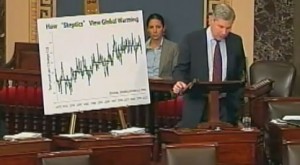

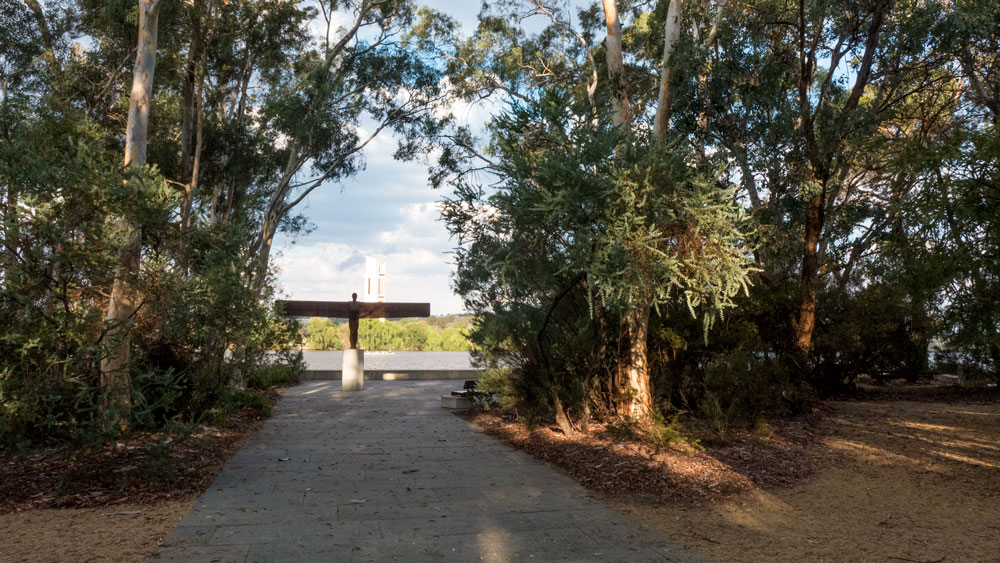
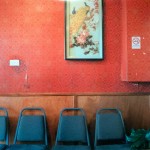

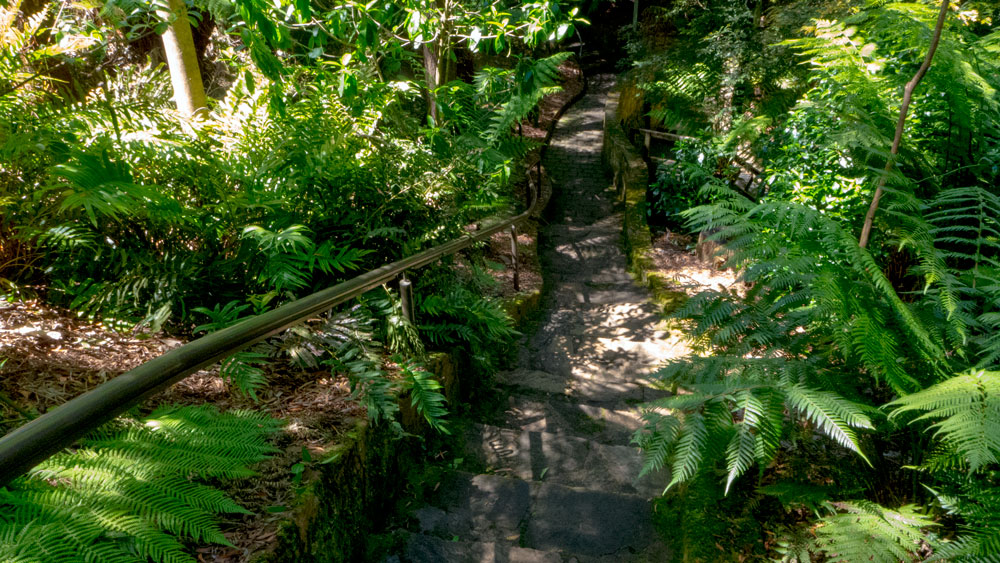

 I saw this online and thought of a friend who has been looking for a light to take outside to have dinner in their courtyard. We have looked at various solar light thingys. None quite worked out. and now in early 2014, maybe this is. Not yet available but there is the you tube promotion below.
I saw this online and thought of a friend who has been looking for a light to take outside to have dinner in their courtyard. We have looked at various solar light thingys. None quite worked out. and now in early 2014, maybe this is. Not yet available but there is the you tube promotion below. 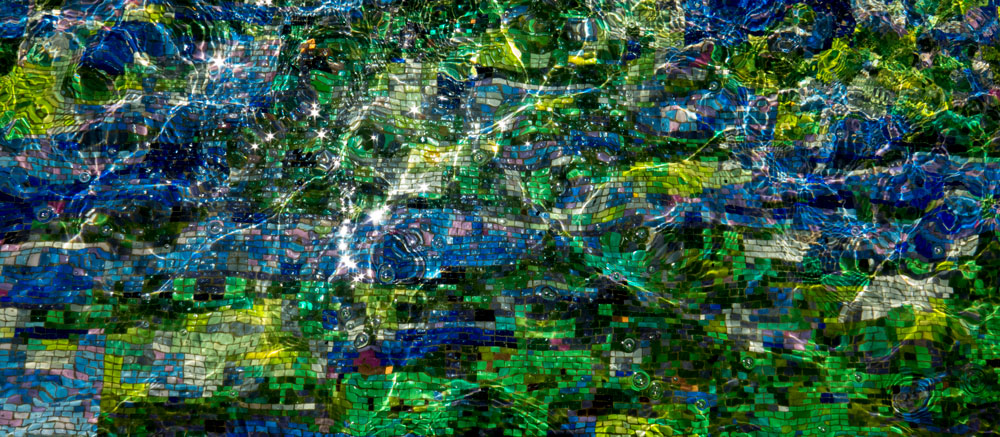

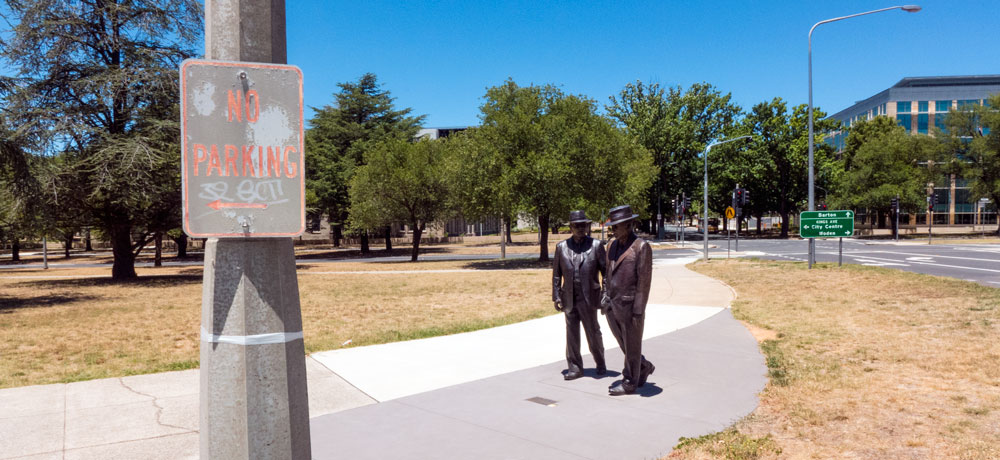
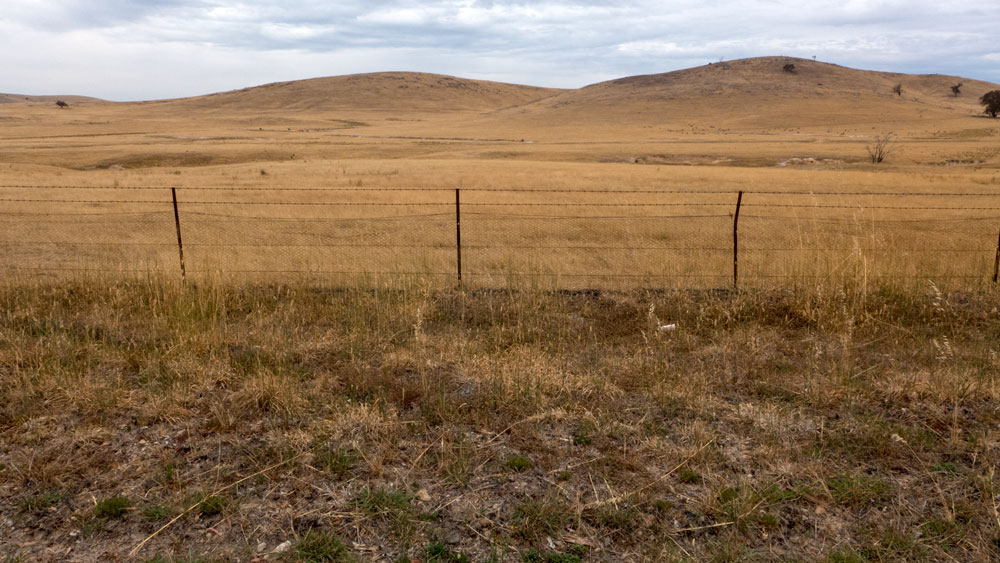

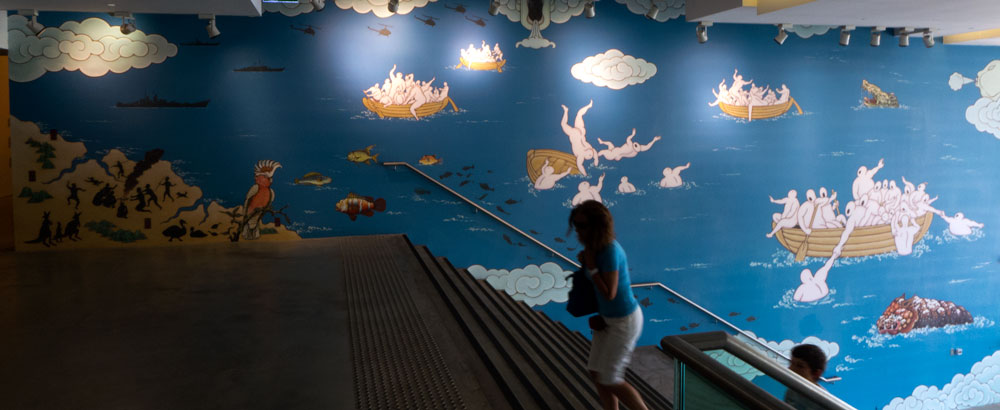
 While I am not too worried about the closure of GM’s (Holden) manufacturing plants in Australia in 2017, I am concerned as to whether manufacturing as an Australian industry and its associated innovations are not being supported. It is hard to find intelligent comment on these subjects in the Australian media.
While I am not too worried about the closure of GM’s (Holden) manufacturing plants in Australia in 2017, I am concerned as to whether manufacturing as an Australian industry and its associated innovations are not being supported. It is hard to find intelligent comment on these subjects in the Australian media.
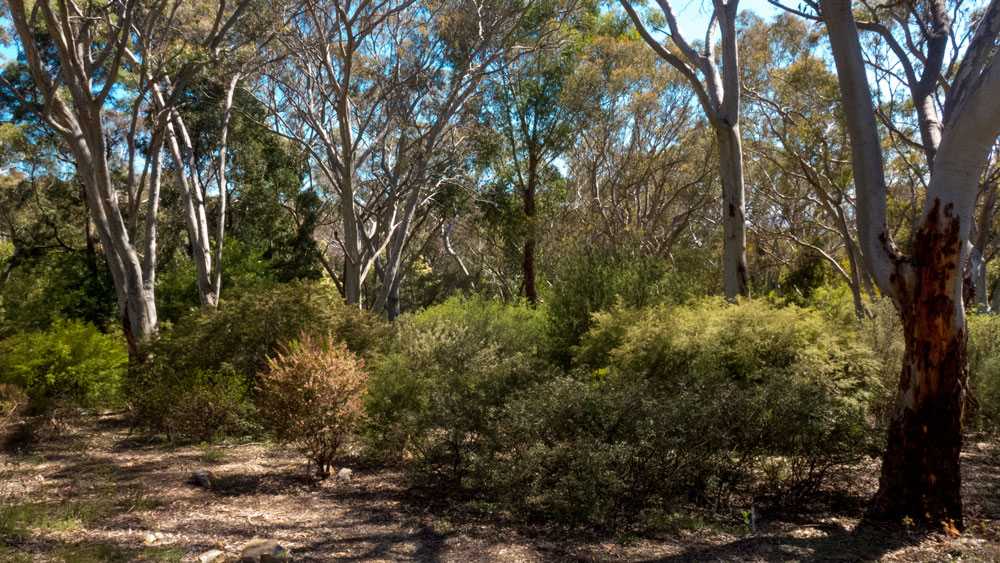
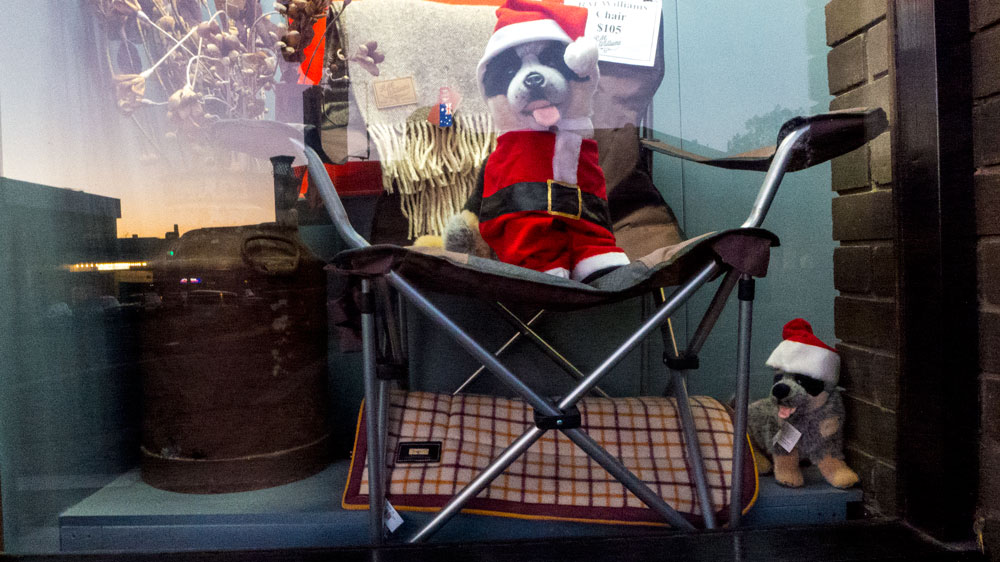

 An interesting few words from Damon Young on the machines that distract some people. Damon likes to observe – here’s one of his people observations. I think that too often I have observed his subject.
An interesting few words from Damon Young on the machines that distract some people. Damon likes to observe – here’s one of his people observations. I think that too often I have observed his subject.




